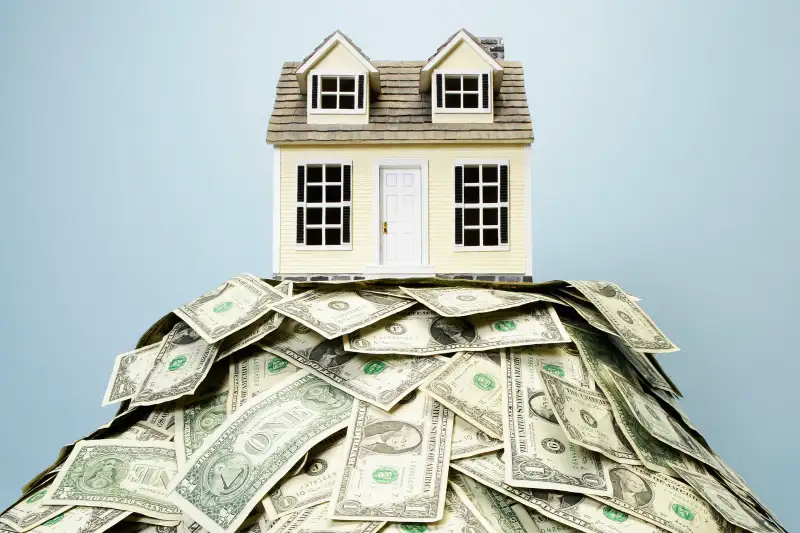Should You Ever Pay Cash When Buying a Home?

With mortgage interest rates still as low as they are, paying cash for a house should not be first on your list of financial priorities. Saving for retirement, building adequate emergency savings and paying off higher interest debt almost always take precedence.
That said, if you have the means to pay cash for a home, there are situations when buying your house outright is the way to go.
Reasons to keep your cash
The two big reasons to take out a mortgage even if you can afford to pay cash are maintaining liquidity and maximizing returns.
Paying all cash, while commendable, isn’t a good idea if it means committing too much of your savings to an asset that is inherently illiquid. “You don’t want to get into a situation where you are forced to sell the house or other investments at the worst time possible,” says Neil Krishnaswamy, a certified financial planner with Exencial Wealth Advisors in Plano, Texas.
Meanwhile, with rates at incredible lows – and mortgage interest deductible – paying cash is the equivalent of locking in an investment that returns roughly 3% to 4% a year. Investors who feel they can earn more than that in the stock and bond market will often choose to get a mortgage and keep their cash invested.
There is a middle ground, and for many buyers this may be the best option of all. Take out a mortgage and lock in today’s historically-low rates, but make more than the minimum payment whenever you can.
Reasons to pay all cash
On paper, locking in low rates on a mortgage and investing that money instead certainly seems like the better deal right now. Yet, what that equation doesn’t account for is the enormous sense of satisfaction that comes with owning your home outright. Yes, odds are that you will make more over the long run investing those funds, but what you save on interest over the life of the loan – tens of thousands, if not hundreds of thousands of dollars – isn’t vulnerable to market ups and downs.
In the most competitive housing markets, moreover, cash buyers have the upper hand in bidding wars and also have a better shot at negotiating for a lower price. Add to that savings on closing costs and time spent shopping for a loan, and the deal is even sweeter.
Assuming you’ve paid off higher interest debt, are maxing out on tax-advantaged retirement plans and have more than enough money in your rainy day fund, paying for a house with cash isn’t such a bad move, says Krishnaswamy. Just make sure that doing so doesn’t put the rest of your financial house in jeopardy.